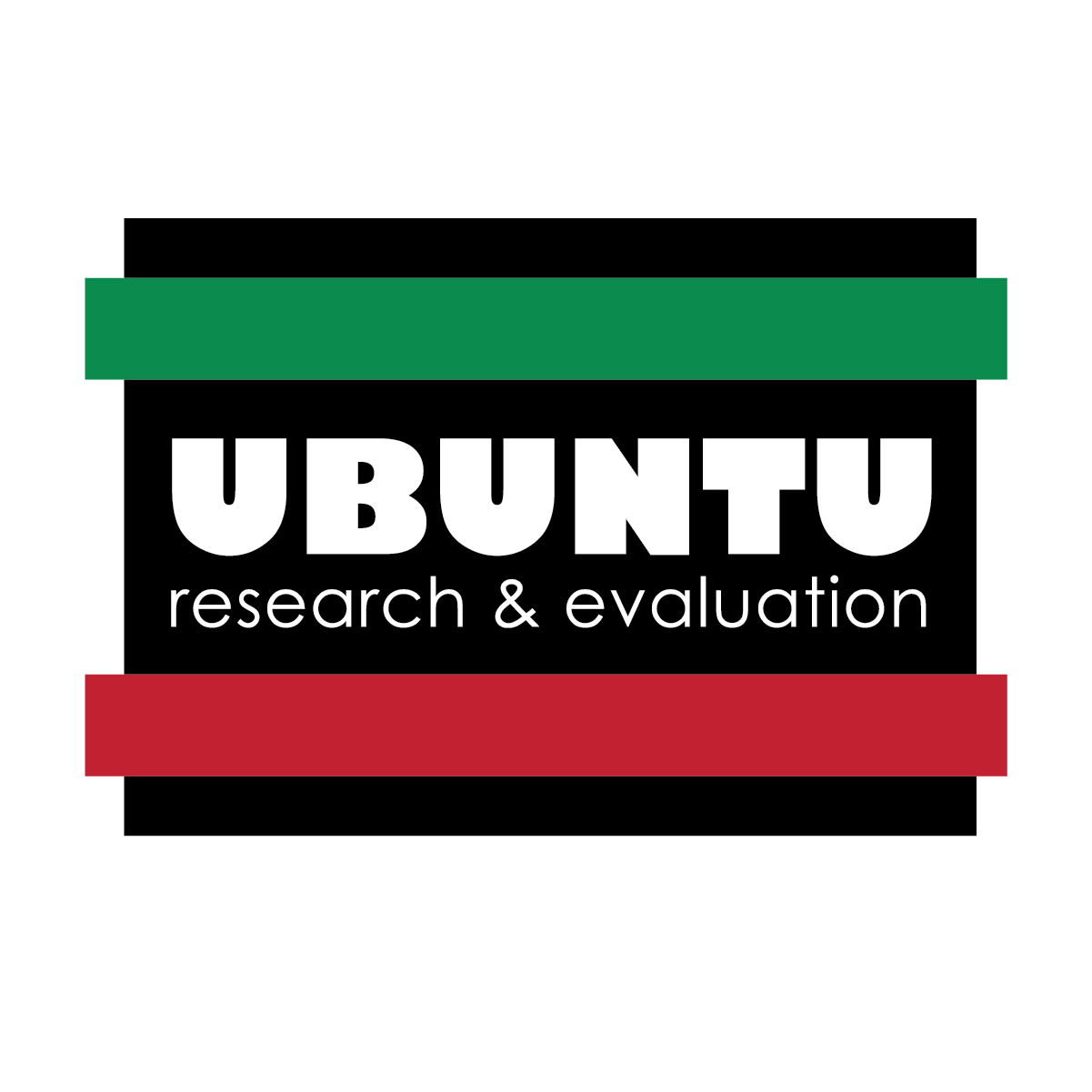The Elephant is Black: Racism is the Root Cause of the Public's Poor Health
The elephant in any room is racism. The other R word. Who knew manifest destiny[1]. would have ripple effects hundreds of years later? Racism permeates everything because it is in the core ideology of the United States of America, from policies to individuals who uphold procedures, practices, and norms; it is a part of United States society. In May 2019, racism was identified as a public health crisis in Milwaukee making Milwaukee County one of the first areas to develop and adopt a resolution. Although racism is finally being identified as a public health issue in Wisconsin, there is a need for active engagement in unlearning and developing imaginative ideas of new worlds without the idea of white supremacy.
Racism is not just a public health crisis, it is the root cause of health issues. The truth is everyone is involved in racism. Racism is a system—consisting of structures, policies, practices, and norms—that assign value and determine opportunities based on the way people look or the color of their skin (OFE, 2018). By default, the system is designed in a dichotomous world where white means right and life, while Black means death and wrong. Racism kills daily whether it is through police brutality (racially charged shootings), environmental racism[2], or poor living conditions through racial housing policies like redlining. Racism shapes people's lives structurally and institutionally. Because white supremacy is the foundational ideology of the United States it makes racism the bottom line, the root cause of poor health outcomes, as it is the thread used to weave the cultural blanket of society.
Schematic 1: The picture above is of the iceberg of white supremacy and its health implications on society. The words and phrases are not in order of significance or in its entirety— the wording is to communicate how deep the ideology of white supremacy permeates our society.
Racism bleeds into where people live, learn, work, worship and play that create inequities in access to housing, education, wealth, and employment, etc., known as the social determinants of health. Public Health counters the effects of racism since public health focuses on the aspects of wellness to improve people's lives. The needs of the public are preventive actions of care for safe and clean housing, built environment, education to gain knowledge so one makes positive decisions, culturally relevant food to correct body alignments, and water to sustain life. Like public health, racism is professional, political correctness, it is colonialism. Race is in public policy thus racism being THE public health crisis. Public health involves the whole— the public while racism focuses on the separation— the individual. Caring for people, other than yourself is a foundational component of public health. Public health is to counter racism as everyone is impacted by racism. The field of Public Health recognizing racism as a public health crisis is the equitable pathway needed to adequately address the root cause of the “public’s” poor health outcomes. I wrote a septet to describe the iceberg of white supremacy.
I need to live.
They took my house even before the housing fight,
Privatized Education to hinder my advancement in society,
And sabotaged the food and water.
They want me to live like Flint.
I’m “just” living hoping to have a better life.
Racism is the elephant in each room, the underlying actions of white supremacy. How else could there continuously be death as a factor of the operating system working if the elephant was not Black— how else could you ignore racism for so long as not a contributing factor to one’s health? How else could statisticians, researchers, and health institutions of the ivory tower ignore racism as a variable, question its impact on life and change, and ignore the critical question of inquiry if it was not be Black? The elephant has been identified- racism- as a public health crisis, now what? How can Milwaukee improve residents' health focused on equity? What actions are in motion to increase Black, brown and poor people have equitable housing, education and access to food and healthcare? What policies with efficient funding are needed to adequately remedy the effects of white supremacy through racism. As we move towards liberation we focus on actualizing resolutions of racism impeding on the public's health— the resolution came, now action.
Footnotes:
[1]: Manifest Destiny was the idea that white Americans were divinely ordained to settle the entire continent of North America which led to removal of and genocide of native populations. The idea was supported by US President James K. Polk (1845-1849) who was the leader which influenced the sectional tensions over slavery, which ultimately led to the Civil War.
[2]: Environmental racism - The phrase environmental racism was coined by civil rights leader Dr. Benjamin F. Chavis Jr. He defined it as the intentional siting of polluting and waste facilities in communities primarily populated by African Americans, Latines, Indigenous People, Asian Americans and Pacific Islanders, migrant farmworkers, and low-income workers. “any policy, practice, or directive that differentially affects or disadvantages (where intended or unintended) individuals, groups, or communities based on race.”
References:
Manifest Destiny. Dr. Michelle Getchell. Khan Academy. https://www.khanacademy.org/humanities/us-history/the-early-republic/age-of-jackson/a/manifest-destiny.
Office of Health Equity. (2023, September 18). Racism and health. Centers for Disease Control and Prevention. https://www.cdc.gov/minorityhealth/racism-disparities/index.html

